Here we go, the second episode of my tutorial on how to implement real-time physical modelling synthesis on the GPU, using C++ and OpenGL shaders. The first episode can be
Welcome to the first episode of my tutorial to implement real-time physical modelling synthesis on the GPU, using C++ and OpenGL shaders. More context can be found in this introduction. We’re
This post is an introduction to a 3-episode tutorial that explains how to implement real-time physical modelling synthesis on the GPU, using OpenGL shaders. It is part of a full paper titled
Fall 2016 has been an important period for DIGITAL_DUETS, for both development and dissemination. While I’ll save updates about technical stuff for another, later, beefier post, here I’d like to
Finally some music! Last week I played a show with Arvind Vasudevan [one of the students I work with/co-supervise] and Sidney Fels [the main professor I work with], showcasing a
As introduced in this post, I am currently exploring novel ways of representing 3D Vocal Tract [VT] geometries in 2D, by means of extending the base concept of area function. This is
This is a long post. I don’t like long posts, but it’s research, so it is motivated. In 2 days I’ll fly to Salt Lake City [Ut] to join the
I have been invited to give a talk at the Moving Story May Residency that will take place May 24th-28th at Emily Carr University, here in Vancouver. I am scheduled for Thursday
Nebulullaby: An Interstellar Cloud of Dust is a compilation that takes the lullaby genre into the realm of experimental electronic music. It has been officially released today and features tracks
Bela, the ultra-low latency audio and sensor platform that was inspired by the Hackable Instruments project, was officially launched on Kickstarter some days ago. And it is already fully funded, including

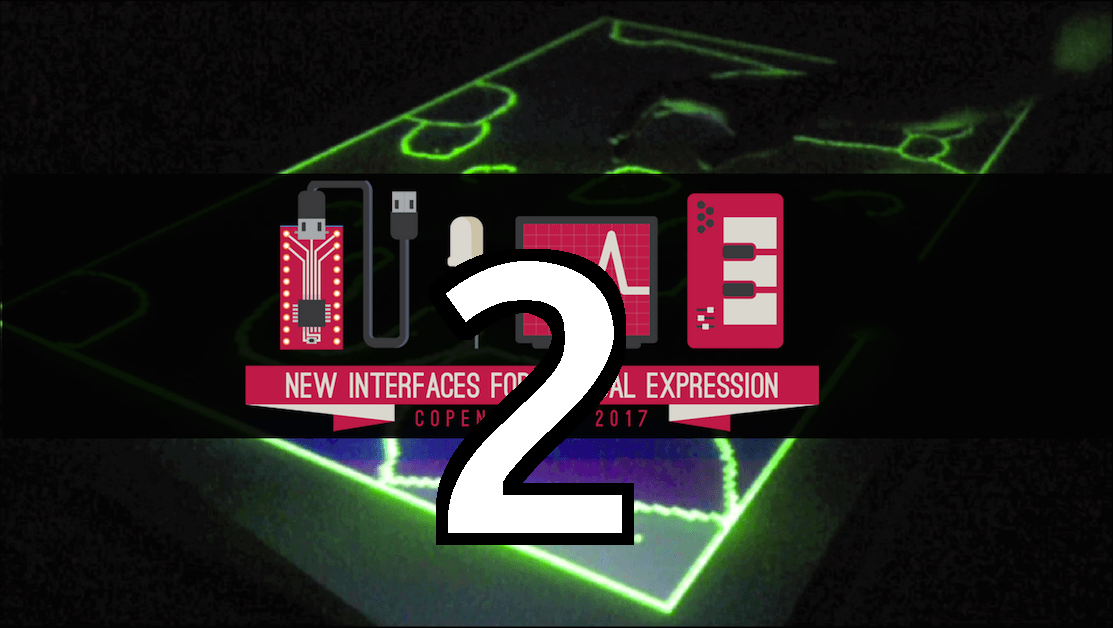
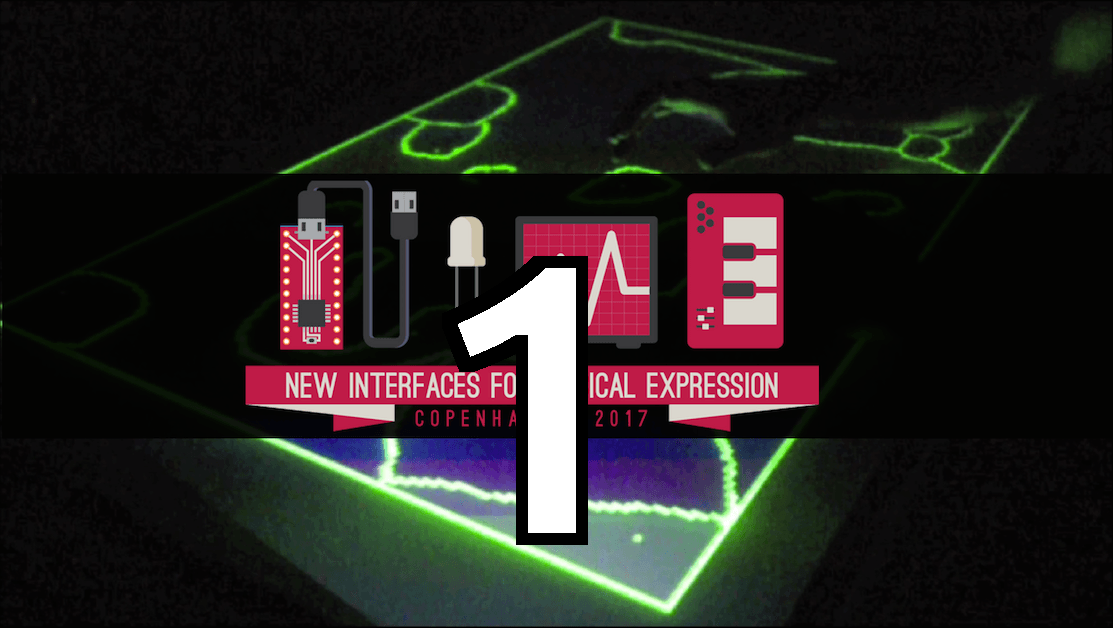
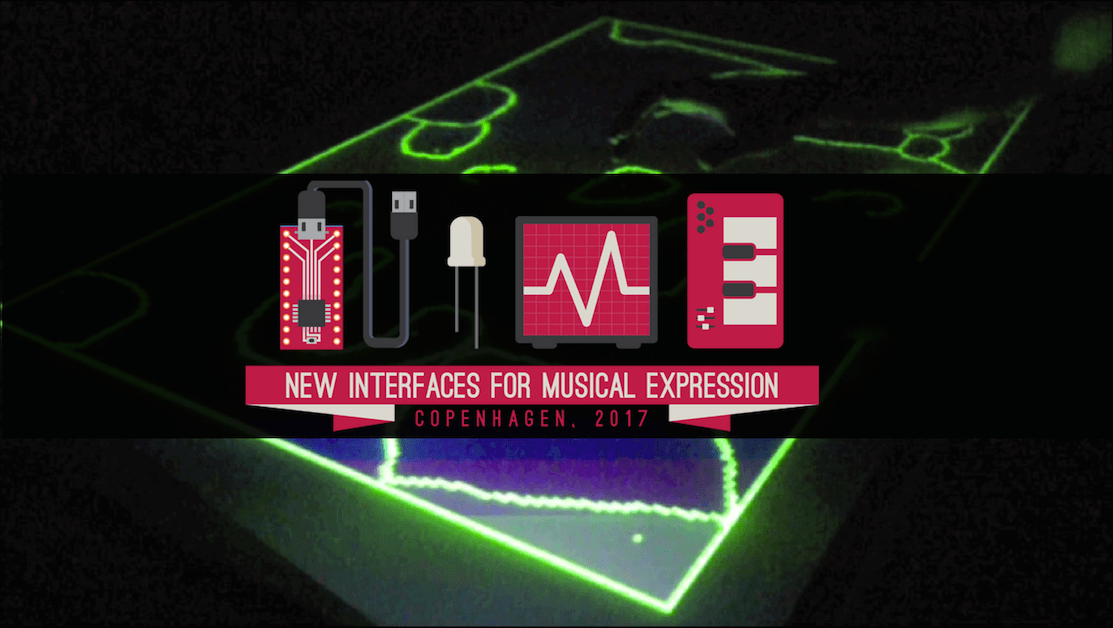
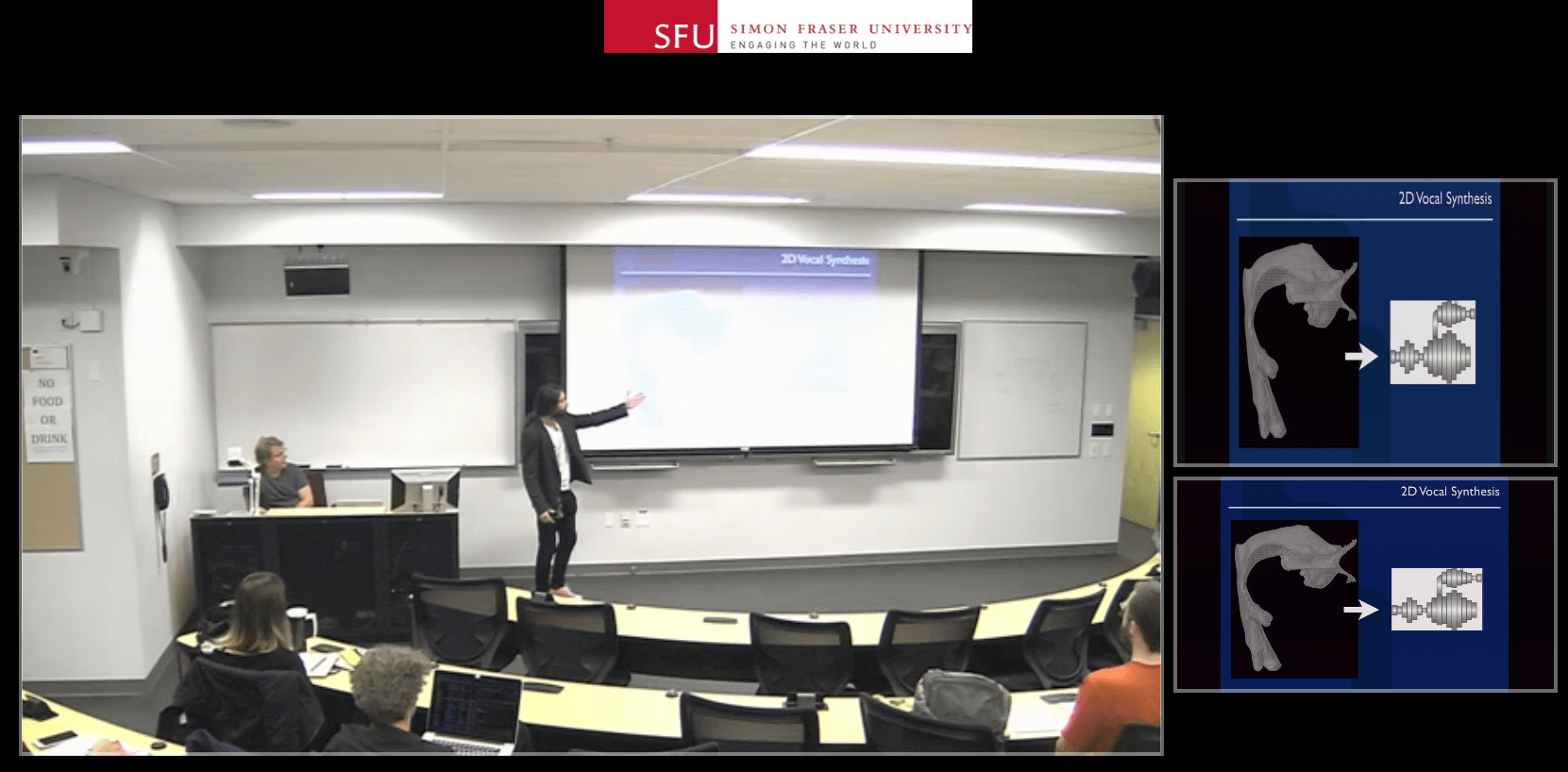
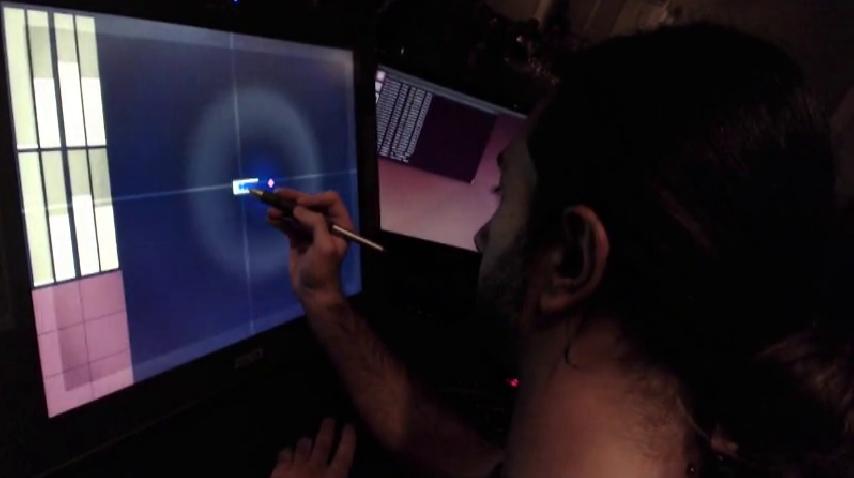
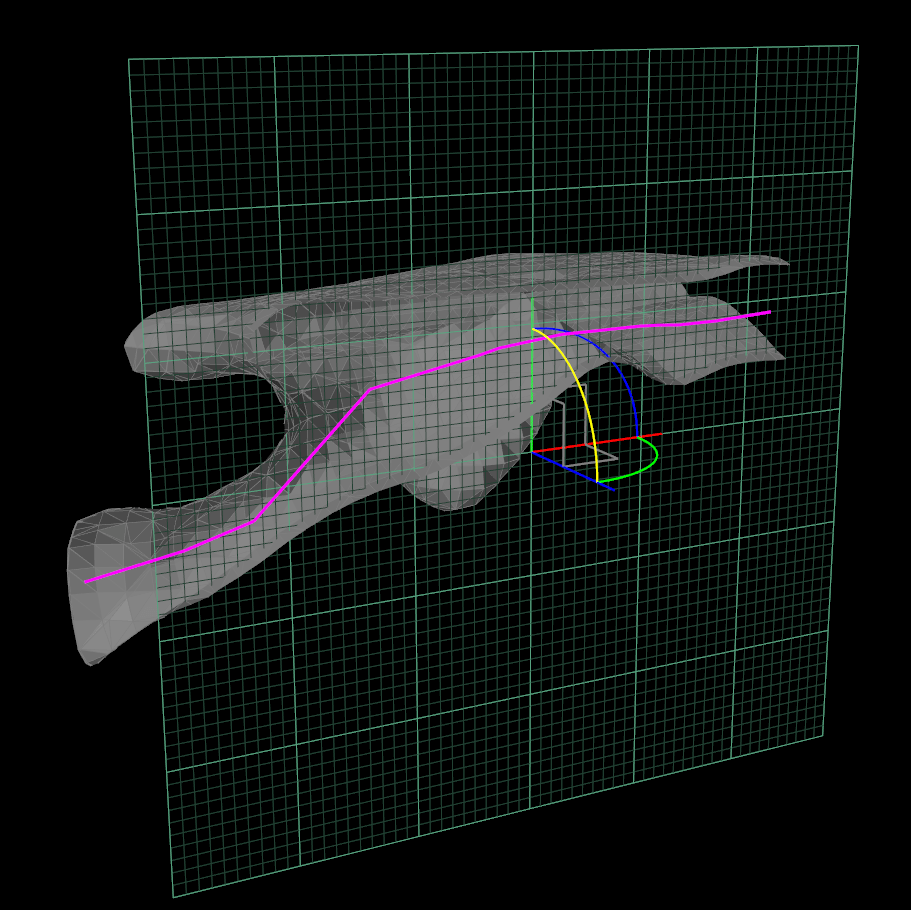


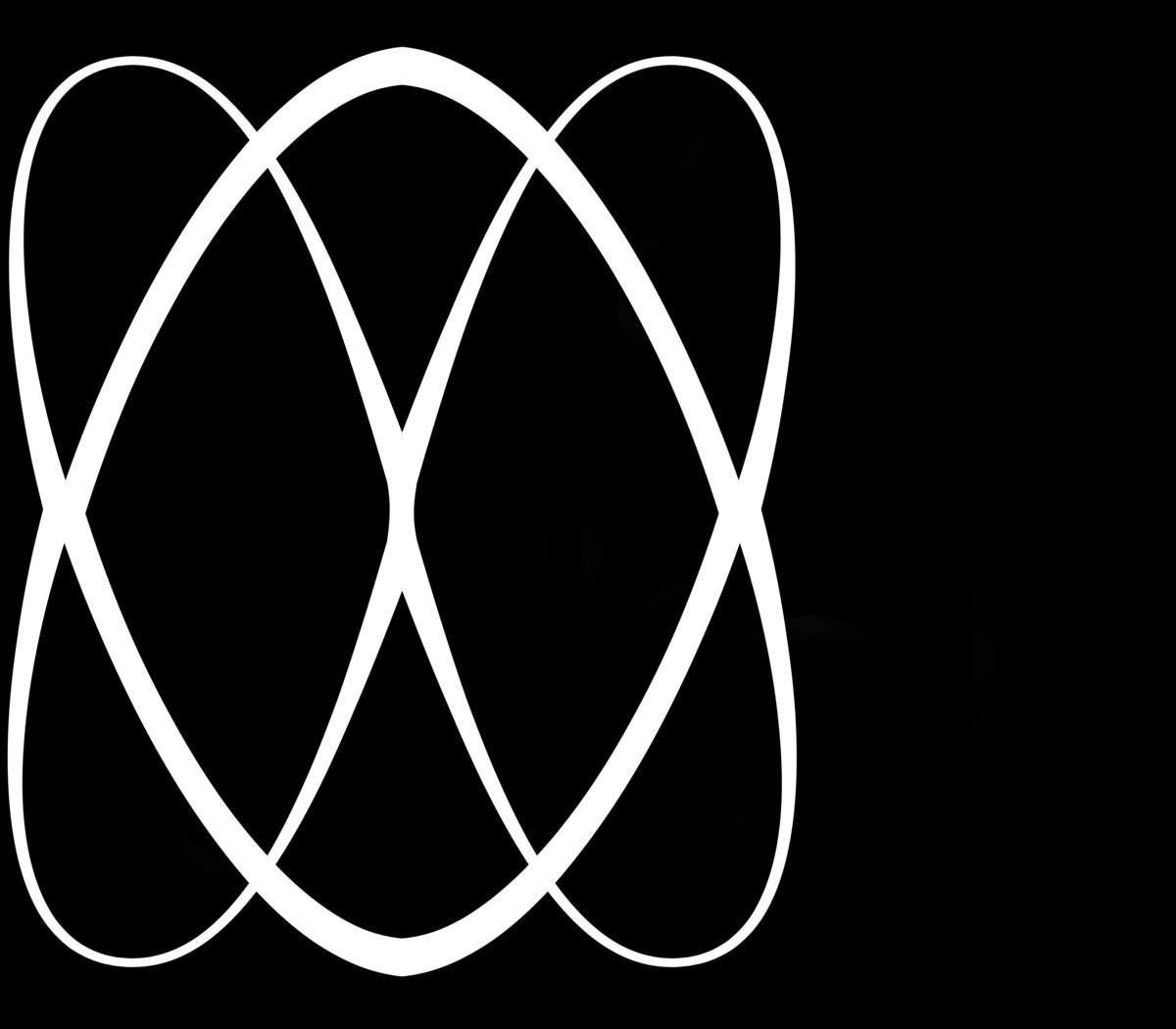
![Bela and the D-Box on Kickstarter [and they’re nailing it]](https://toomuchidle.com/wp-content/uploads/2016/07/bela_kick.jpg)
